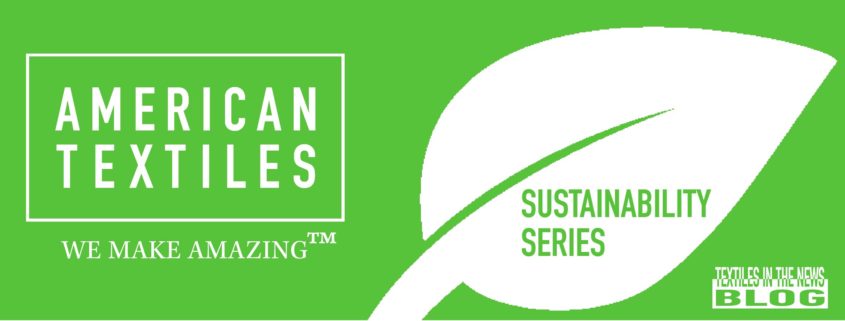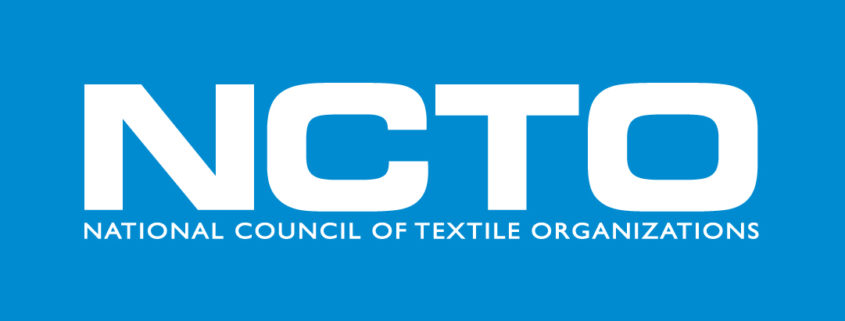NCTO Releases Statement on Coronavirus
WASHINGTON DC—National Council of Textile Organizations (NCTO) President and CEO Kim Glas issued the following statement today on the industry’s response to the coronavirus crisis.
The coronavirus has impacted Asian textile and apparel manufacturing productivity and output, and our concerns lie with the affected companies and workers during this terrible crisis.
The U.S. textile industry continues to be ready, able, and willing to help in any way possible. Our industries have been in touch with U.S. government officials to help identify key U.S. textile suppliers to provide surgical masks and other items to help contain the spread of the coronavirus. In addition, several companies have donated much-needed medical textile supplies and other sanitary items to help address this outbreak.
Given the uncertainty in the market as a result of the coronavirus, many textile and apparel sourcing executives are seeking alternatives outside of Asia. We stand ready to assist brands and retailers looking to shift sourcing during this uncertain time. The Western Hemisphere production platform established under our free trade agreements and trade preference programs provides a sound alternative as companies look to diversify their sourcing. The region has immediate capacity to meet worldwide demands with duty-free access through well-established supply chains.
Whether this terrible crisis lasts days, months, or longer – our member companies are ready and willing to help.
NCTO is a Washington, DC-based trade association that represents domestic textile manufacturers, including artificial and synthetic filament and fiber producers.
- U.S. employment in the textile supply chain was 594,147 in 2018.
- The value of shipments for U.S. textiles and apparel was $76.8 billion in 2018.
- U.S. exports of fiber, textiles and apparel were $30.1 billion in 2018.
- Capital expenditures for textile and apparel production totaled $2.0 billion in 2017, the last year for which data is available.
# # #
DOWNLOAD RELEASE
CONTACT: Kristi Ellis
(202) 684-3091


